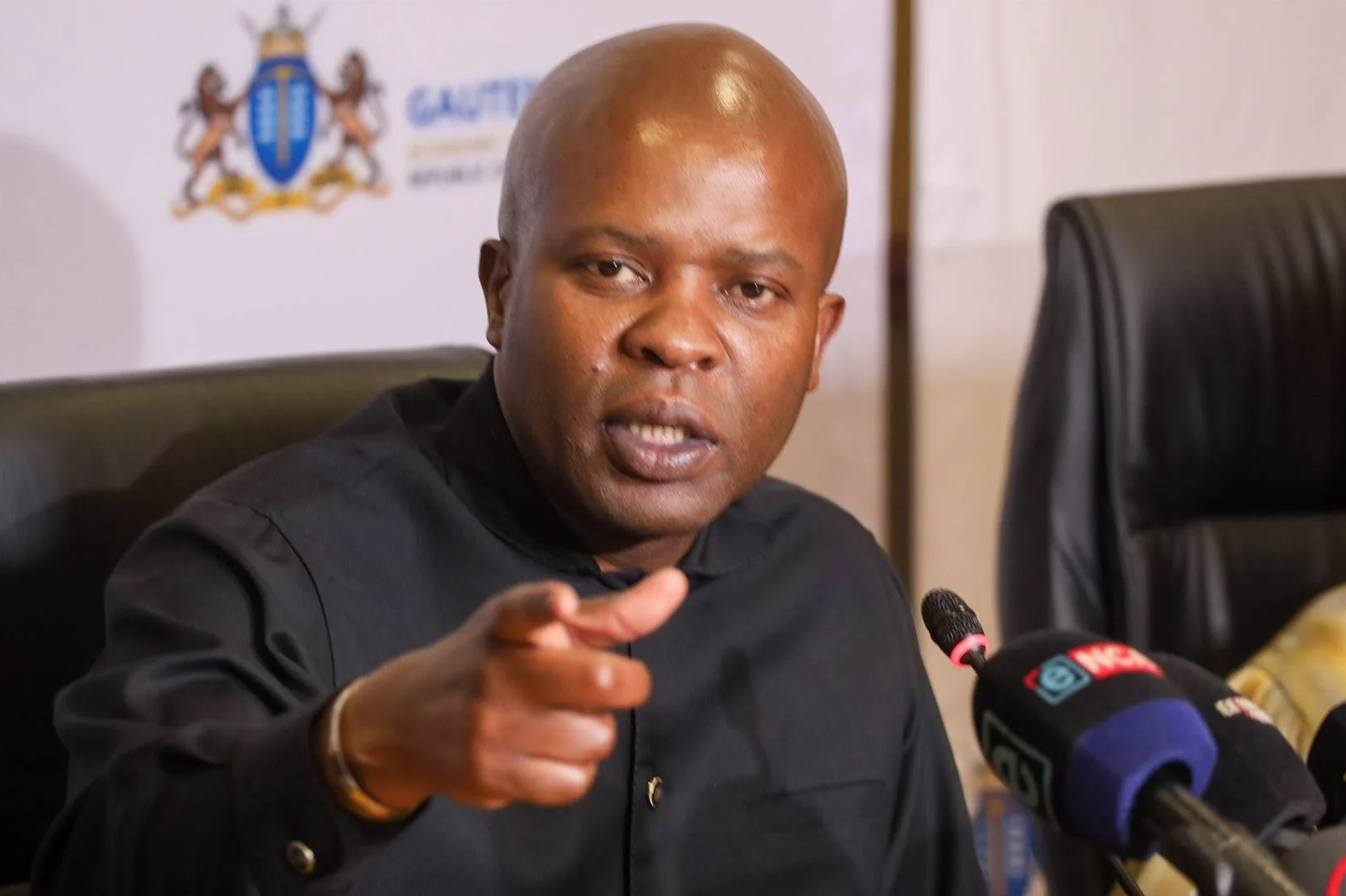411
Gauteng Faces Financial Strain Amid R20.1 Billion E-Toll Debt Settlement Plan

Gauteng Grapples with Financial Strain as E-Toll Debt Reaches R20.1 Billion
Six months after the e-toll system was scrapped, the Gauteng government is facing a financial reckoning as it works to settle a R20.1 billion debt to the South African National Roads Agency (Sanral). This debt, including interest, is stretching the province’s already constrained resources, forcing tough decisions that impact Gauteng’s fiscal priorities.
During the tabling of the Medium-Term Budget Policy Statement on Tuesday, November 26, Finance and Economic Development MEC Lebogang Maile addressed the provincial legislature in Johannesburg, emphasizing the challenges ahead.
“The obligation to service this debt has necessitated the implementation of reforms to maintain a healthy fiscal environment that is sustainable in the long term,” said Maile.
A Legacy of Controversy: The E-Toll System
The Gauteng Freeway Improvement Project (GFIP) introduced electronic tolling to fund upgrades to the province’s highways. Despite its intent to modernize Gauteng’s road infrastructure, the system faced backlash from motorists, businesses, trade unions, and civil society organizations, leading to its ultimate demise.
When the system was officially scrapped, the provincial government committed to paying off its share of the debt in five equal annual instalments, tied to the government’s five-year interest rate.
In September 2024, the provincial government made its first payment of R3.8 billion toward the debt. This initial payment underscores the magnitude of the task, with the remaining debt requiring significant adjustments to Gauteng’s financial strategies.
Budget Adjustments: Meeting the Debt Obligation
MEC Maile announced that Gauteng’s 2024/25 budget will include a R2.1 billion adjustment, directed toward critical areas while balancing debt obligations.
Key Allocations:
- R600 million for the Department of Health to address healthcare challenges.
- R300 million for the Department of Education, safeguarding vital services.
- R70 million for Social Development to support vulnerable populations.
- R59 million for the Department of Environment to fund essential programs.
- R2 million for the Department of Infrastructure Development to sustain operations.
Maile assured residents that, despite financial strain, the government will not cut jobs in essential sectors, including health and education.
“We will not compromise on employment in critical departments impacted by budget cuts and debt prioritization,” he affirmed.
Social Development: Rebuilding Support for the Vulnerable
One of the most significant challenges has been maintaining funding for the Gauteng Department of Social Development (GDSD). Earlier this year, the department announced a R223-million budget cut for 2024/25, which impacted services for vulnerable individuals, including women, children, and the elderly.
To address this, Maile announced an additional R221.8 million to restore funding for qualifying non-profit organizations. This adjustment brings the budget allocation back to the 2023/24 baseline of R2.1 billion, ensuring that critical services continue to operate.
“Supporting society’s most vulnerable remains a priority, even as we grapple with fiscal constraints,” Maile stated.
The Economic Impact of Debt
The e-toll debt repayment comes against the backdrop of Gauteng’s high unemployment rate, which is nearly 40% among youth. Poverty and inequality remain persistent challenges, with the province needing innovative solutions to stimulate economic growth while managing its financial obligations.
To offset the economic burden, Maile outlined a strategy focused on fiscal discipline and exploring alternative funding sources to support infrastructure projects and boost the economy.
Alternative Funding Strategies:
- Public-Private Partnerships (PPPs): Collaborating with private entities to deliver infrastructure projects efficiently.
- Donor Funding: Securing contributions from development agencies to finance key initiatives.
- Developmental Finance: Leveraging specialized funding to support long-term projects.
These measures aim to drive economic recovery, create jobs, and complete projects on time and within budget.
The Road Ahead
While the provincial government works to manage its debt, Gauteng residents remain concerned about the lingering obligations of the e-toll system. Motorists are still liable to settle their toll debts incurred up to midnight on April 11, 2024, but enforcement mechanisms remain unclear.
Beyond repaying the e-toll debt, the government faces broader challenges in balancing its budget and addressing socioeconomic issues. Maile emphasized that fiscal reforms, economic stimulation, and partnerships are critical to navigating this turbulent period.
“Fiscal discipline requires governments to maintain positions consistent with macroeconomic stability and sustained growth. Provincial departments must explore alternative revenue streams to enhance long-term sustainability,” he said.
Key Takeaways
- E-Toll Debt: Gauteng must repay R20.1 billion, including interest, over five years.
- Budget Priorities: Critical sectors such as health, education, and social development are receiving funding boosts despite fiscal constraints.
- Economic Challenges: High unemployment and inequality compound the province’s financial strain.
- Reform Strategy: The government is emphasizing fiscal discipline, alternative funding, and public-private partnerships to mitigate the impact.
The Gauteng government’s decision to scrap e-tolls may have brought relief to motorists, but the financial repercussions are far-reaching. Balancing debt repayment with essential services and socioeconomic priorities is no easy task, requiring tough decisions and innovative solutions.
As Gauteng continues to address its e-toll debt, the focus remains on safeguarding critical services, supporting vulnerable communities, and fostering economic resilience. The success of these efforts will depend on fiscal discipline, strategic partnerships, and the province’s ability to adapt to its financial realities.















